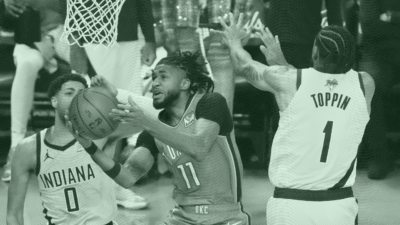Where Does Gen Z Turn for Financial Advice? It’s Not TikTok
Parents and family members are Gen Z’s No. 1 source for financial advice, even topping social media influencers.

Sign up for market insights, wealth management practice essentials and industry updates.
Sometimes parents really do know best.
Forty-one percent of Gen Z investors (ages 22-27) said they consult their parents and other family members for all things money, making family the go-to source for financial advice among the young, according to a survey from Insurify based on Pew Research data. Perhaps not surprisingly, TikTok came in second place at 22%.
“Only parents and other knowledgeable relatives beat out the video-sharing platform, which explains why so much of the financial advice on TikTok sounds like it came straight out of the ’90s — with a notable Gen Z twist,” the survey said.
Listen to Your Mother
An advisor is the ideal option for financial advice (it is in the name), but younger people with little funds might not be able to afford those kinds of services. Just 16% of respondents said they use a financial advisor and instead lean on their parents, siblings, and other relatives.
- Receiving financial advice from friends took the third spot in the survey with 17%.
- Gen Z tapped Instagram, Facebook, and X even less at 14%, 11%, and 6%, respectively.
- Fifteen percent said they look to news sites and blogs, and another 15% said they don’t seek advice at all.
The Biggest Grain of Salt: Social media provides information on a massive scale, but is it the best place for financial advice? The data — surprise, surprise — clearly says no. A Swiss Financial Institute study of 29,000 TikTok accounts revealed that 28% of finfluencers were skilled, generating 2.6% monthly abnormal returns. Meanwhile, 16% were unskilled, offering advice that provides neither gains nor losses.
And a whopping 56% of finfluencers were classified as anti-skilled, generating -2.3% monthly abnormal returns — meaning listening to them is worse than receiving no advice at all. These finfluencers, often the most active and followed on TikTok, exhibit what Gen Z might call negative rizz.











